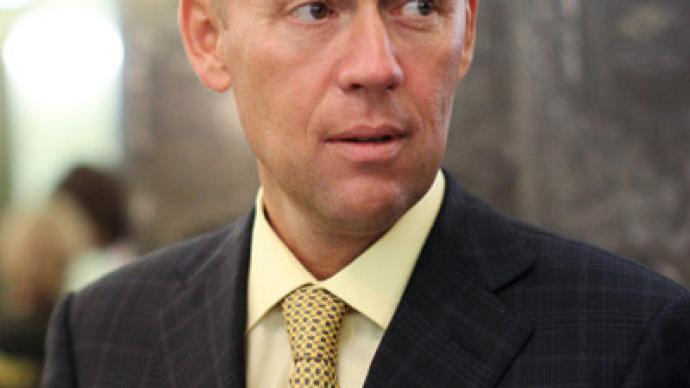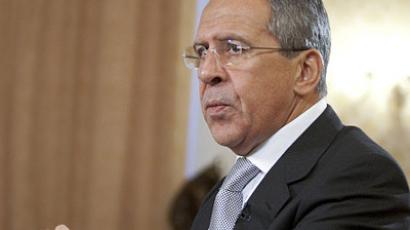Litvinenko suspect demands clarity from UK court

Andrei Lugovoi, a Russian MP and the UK’s prime suspect in the poisoning of Aleksandr Litvinenko, says his lawyers have taken part in a preliminary hearing and demanded access to the former Russian officer’s inquest documents.
On Thursday, St Pancras Coroner’s Court in North London began a closed-door pre-inquest review of the high-profile case of the alleged murder of former Russian Federal Security Service officer Litvinenko. He died in the British capital of what is believed to be poisoning by radioactive polonium-210 in November 2006. "My British and Russian lawyers participated in a preliminary hearing concerning the cause of Litvinenko's death,” Lugovoi told Interfax on Friday.“They demanded an expanded hearing in order to be able to study all of the materials of the investigation into Litvinenko’s death."So far, no decision has been made on the request.Lugovoi remains Scotland Yard's main suspect in the murder. He, along with businessmen Dmitry Kovtun and Vyacheslav Sokolenko were in London and met with Litvinenko three weeks before his death. The Russian MP said that together with his lawyers he is taking steps to get from the British side the case materials which served as grounds for accusing him of being connected to the poisoning. “For some incomprehensible reason, the British side classified the expert evidence of Litvinenko’s cause of death,” he noted. The State Duma deputy did not rule out that he will insist that an independent international expert examination be carried out. Earlier this week, Russia expressed its disappointment over the decision to hold the hearing behind closed doors. “The Russian side has learnt with disappointment that the pre-inquest review hearing regarding the death of Russian citizen Aleksandr Litvinenko…will be closed for the public and media, thus making it impossible for Russian media and the Russian Embassy’s representatives to attend,” the Russian Embassy in the UK said in a statement posted on its website. “Taking into account the importance of the inquest for the overall state of Russia-UK relations and the obvious need to establish the truth about Litvinenko’s death, we believe that only a public hearing of the case can give a guarantee of impartial consideration of this case,” the statement reads. Almost five years on from the death of the Russian intelligence officer, the Litvinenko case remains a major fly in the ointment in relations between Moscow and London. British investigators demanded Lugovoi’s extradition for trial in London. Moscow refused the move since that would violate Article 61 of the Russian constitution, which forbids the extradition of Russian citizens. On September 12, during British Prime Minister David Cameron’s visit to Moscow, President Dmitry Medvedev stressed that “Everyone must respect their country’s fundamental law.” Commenting on the possibility of extraditing the main suspect in Litvinenko’s case, he stressed, “This will never happen”.Cameron, speaking at Moscow State University, pointed out that Britain’s stance is “simple and principled – when a crime is committed, that is a matter for the courts.” It is their job to examine “the evidence impartially and to determine innocence or guilt" while the government’s job is to help the courts to do their work. He admitted that there are still disagreements between Russia and the UK over the issue and added that “we can't pretend these differences don't exist.” "We need to keep working for an honest and open dialogue to address them candidly,” Cameron said. Back then, in his comments to Interfax agency, Lugovoi observed that up until that moment the dialogue was “politicized.” He added that if it was a constructive dialogue that Mr. Cameron was speaking about, “it can only be welcomed.” Lugovoi pointed out that Russia had repeatedly voiced its readiness to cooperate with the British side and discover the truth about the Litvinenko death. “But so far, it seems to me, London has not been interested in finding the truth,” he said.














